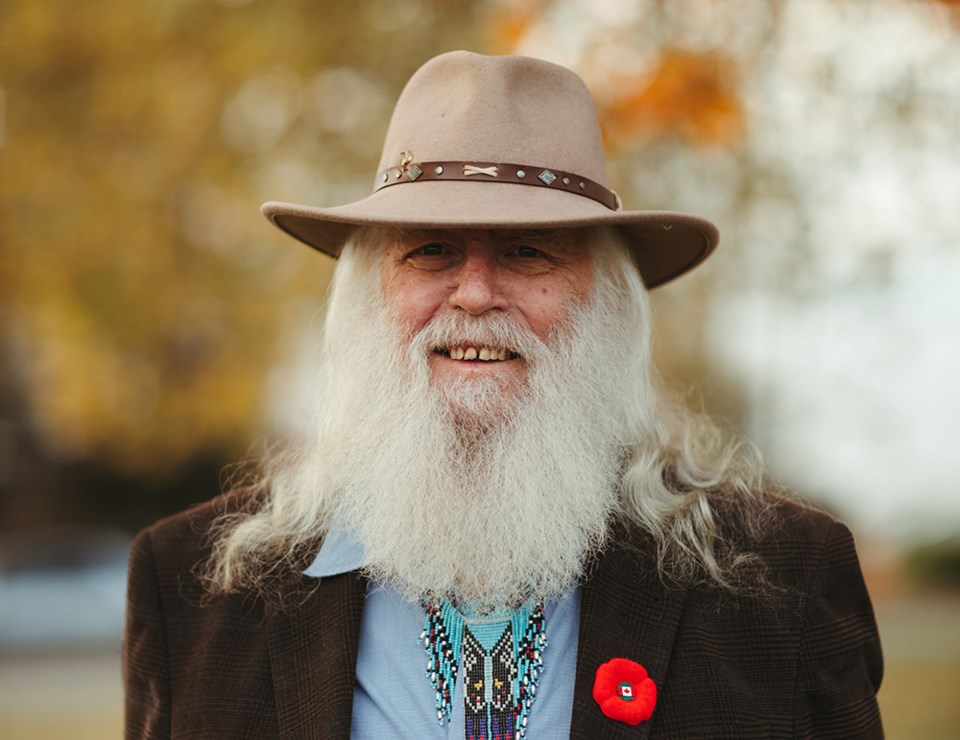qathet Regional District (qRD) directors are in favour of continuing with community-to-community-to-community meetings (C3) meetings with Tla’amin Nation and City of Powell River.
At the September 6 committee of the whole meeting, directors considered a recommendation to continue with the forums, respecting that the mechanics of Tla’amin law can be invoked to go in camera.
Electoral Area C director and board chair Clay Brander said he had received a letter from provincial minister of municipal affairs Anne Kang that stated where a meeting does not constitute a material part of a board’s decision-making process, it is not intended to be subject to the legislation governing how meetings are held.
“It states pretty clearly that the C3 is not a decision-making body, therefore, it is not expected to abide by the legislation,” said Brander.
Electoral Area B director Mark Gisborne said C3 meetings are not supposed to be part of a decision-making process.
“We’re there for a temperature check; that being said, something that did come up at the last C3 was a request for when we come together, let’s get something done,” said Gisborne. “Getting something done implies we are discussing issues that impact our community. While we are not passing resolutions or making an actual decision, in my opinion, we are laying out the groundwork to having preliminary discussions for something that will affect the community, our constituents and the services we provide.
“I think that does constitute part of the decision-making process, because by the time we have come to this table, we have already essentially talked about the issue that we are then going to be debating at this table.”
Gisborne said he has an issue with the resolution being considered by the committee.
“If we are meeting with Tla’amin Nation and attend the Tla’amin building and they go in camera, that doesn’t mean that we have then ignored the Local Government Act,” said Gisborne. “We are still bound by the legislation and we have to do our due diligence for what we are discussing.
“At the last C3 meeting there were a lot of people in the room but not a lot was being talked about from the regional district and the municipality because there is not much we can talk about. Is there not a better way we can meet with Tla’amin and with the city and have an actual meeting where we follow the legislation?”
Electoral Area D director and committee chair Sandy McCormick said a gathering for collaboration is different than having a meeting for decision-making.
“What we are doing is collaborating,” said McCormick. “We are not masking decisions.”
Meeting mechanics
City director George Doubt said he was in favour of having forums and meetings where Tla’amin, the regional district and the city can make decisions. It’s hard to move forward without anyone making a decision, he added.
“To me, the main goal is to be transparent in what we do as elected government officials,” said Doubt.
Doubt said he had read the qRD staff report pertaining to C3 meetings, but what wasn’t in the report was any definition of the mechanics of Tla’amin law that can be invoked to go in camera. He said it would be more convenient if it was written down somewhere.
“I would really like to get on where we can have meetings together where we could move ourselves towards making decisions because I think that’s what makes the difference,” added Doubt.
City director Cindy Elliott said she was in favour of continuing with discussions in the C3 forum and working toward good relations between the governments.
“The goal is to move forward in a positive direction,” said Elliott. “I don’t think this continuing conversation helps us get more definition or helps us sort out how better we are going to meet or make decisions. We’re playing a chicken or egg game when it comes to this forum. We need to be talking about things in order to collaborate. If we are collaborating, we might identify some things we could make decisions on. If we identify things we want to make decisions on through our collaboration, we can bring them back to our government in a very transparent way.
“The first step is to agree to talk. Once we understand better how to move forward, we can bring those decisions back to our table as a board.”
Electoral Area E director Andrew Fall said reconciliation is a learning process and there will be mistakes and bumps along the road.
“At a C3 we are gathering with a separate nation-scale government,” said Fall. “We are a local government enabled and created by the Local Government Act and we’re children of the province. We cannot impose our rules on Tla’amin.”
The committee voted to recommend to the regional board that qRD move forward and participate in C3 forums, observing provisions of the Community Charter, but respecting that the mechanics of Tla’amin law can be invoked to go in camera. Gisborne and Doubt were opposed to the motion.
Join the Peak's email list for the top headlines right in your inbox Monday to Friday.



